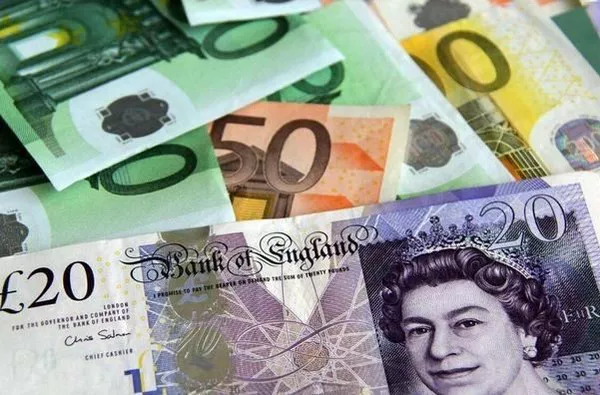The British Pound (GBP) is one of the most widely traded currencies in the world, with its value influenced by a multitude of factors ranging from economic indicators to geopolitical events. For investors, traders, and businesses engaged in foreign exchange markets, understanding what moves the GBP is essential for making informed decisions. In this comprehensive guide, we delve into the various drivers behind the movements of the British Pound.
Economic Indicators:
Economic indicators play a crucial role in shaping market expectations and influencing currency movements. Key indicators such as Gross Domestic Product (GDP) growth, inflation rates, employment data, and trade balances provide insights into the health of the UK economy. Positive economic data, such as strong GDP growth or low unemployment rates, tends to bolster confidence in the GBP, leading to appreciation against other currencies. Conversely, weak economic indicators can weigh on the currency’s value.
Monetary Policy:
The Bank of England (BoE) plays a central role in setting monetary policy and influencing the value of the British Pound. Decisions regarding interest rates, quantitative easing programs, and forward guidance statements by the central bank can have a significant impact on currency markets. Higher interest rates typically attract foreign investment, leading to an appreciation of the GBP, while rate cuts may have the opposite effect. Additionally, announcements regarding monetary policy decisions can provide insights into the BoE’s stance on economic conditions, shaping market expectations and influencing currency valuations.
Political Stability:
Political stability is another critical factor driving GBP movements. Events such as elections, referendums, government policies, and geopolitical tensions can impact investor confidence and influence the currency’s performance. For instance, uncertainty surrounding Brexit negotiations has led to fluctuations in the GBP exchange rate in recent years. Investors closely monitor political developments and assess their potential impact on the UK economy and currency markets.
Market Sentiment:
Market sentiment and speculative trading play a significant role in driving short-term fluctuations in the GBP exchange rate. Investor sentiment towards the UK economy, risk appetite, and market speculation can lead to volatility in currency markets. Positive news or optimistic economic forecasts may lead to bullish sentiment and strengthen the GBP, while negative developments can trigger a sell-off and lead to depreciation.
Global Economic Factors:
Global economic trends and events also influence the value of the GBP as part of the broader foreign exchange market dynamics. Changes in global interest rates, geopolitical developments, and shifts in investor risk appetite can impact currency markets, including the GBP. For instance, uncertainty surrounding global trade tensions or economic downturns in major economies may lead to safe-haven flows into the GBP, boosting its value.
Trade and Exports:
The UK’s trade performance and export dynamics play a crucial role in determining the value of the GBP. Changes in trade balances, export growth, and global trade patterns can impact the currency’s exchange rate. A strong export performance and trade surplus tend to support the GBP, while trade deficits may exert downward pressure on the currency. Additionally, fluctuations in commodity prices and demand for UK exports can influence the GBP’s valuation.
Market Intervention:
Central bank interventions and government policies can also influence the GBP exchange rate. Central banks may intervene in the foreign exchange market to stabilize the currency or counter excessive volatility. Verbal interventions, such as statements by policymakers expressing concerns about currency levels, can also impact market sentiment and influence currency movements. Additionally, government policies aimed at promoting economic growth or addressing imbalances in trade may impact the GBP’s value.
External Shocks:
External shocks, such as natural disasters, global health crises, or geopolitical tensions, can lead to sudden shifts in investor sentiment and volatility in currency markets. These events can impact the GBP exchange rate irrespective of domestic economic conditions. Investors often seek safe-haven assets such as the GBP during times of uncertainty, leading to appreciation of the currency.
In conclusion
the value of the British Pound is influenced by a myriad of factors, including economic indicators, monetary policy decisions, political stability, market sentiment, global economic trends, trade dynamics, market interventions, and external shocks. Understanding these drivers is essential for market participants seeking to navigate the complexities of the foreign exchange market and make informed decisions regarding GBP trading and investments.


